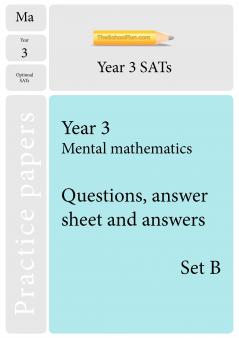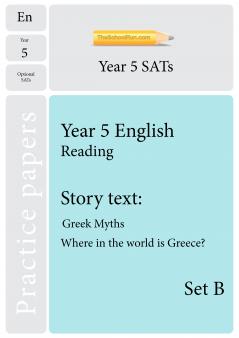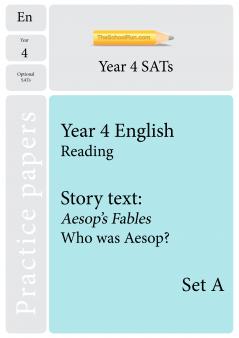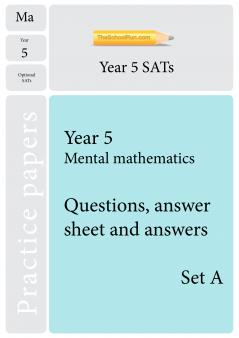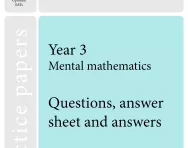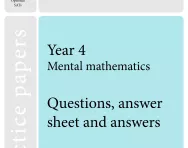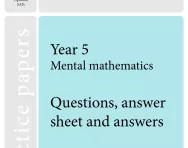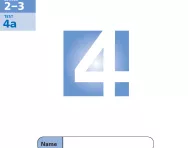TheSchoolRun.com closure date
As we informed you a few months ago, TheSchoolRun has had to make the difficult decision to close due to financial pressures and the company has now ceased trading. We had hoped to keep our content available through a partnership with another educational provider, but this provider has since withdrawn from the agreement.
As a result, we now have to permanently close TheSchoolRun.com. However, to give subscribers time to download any content they’d like to keep, we will keep the website open until 31st July 2025. After this date, the site will be taken down and there will be no further access to any resources. We strongly encourage you to download and save any resources you think you may want to use in the future.
In particular, we suggest downloading:
- Learning packs
- All the worksheets from the 11+ programme, if you are following this with your child
- Complete Learning Journey programmes (the packs below include all 40 worksheets for each programme)
You should already have received 16 primary school eBooks (worth £108.84) to download and keep. If you haven’t received these, please contact us at [email protected] before 31st July 2025, and we will send them to you.
We are very sorry that there is no way to continue offering access to resources and sincerely apologise for the inconvenience caused.
What are optional SATs?
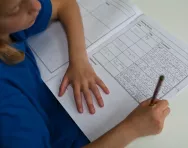
What are optional SATs?
Optional SATs are tests that can be taken near the end of school years 3, 4 and 5: the years in which children don’t have to sit proper SATs. There are two sets of papers available to parents, which were developed by the QCA and released in 2003 and 2006. There are tests in maths and English (reading and writing).
KS1 SATs are now optional, and school can choose to administer these in Year 2.
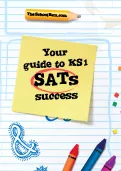
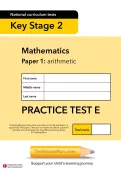
Prepare your child for SATs today
- Your guide to SATs
- KS1 & KS2 SATs revision courses
- SATs practice papers in English & maths
Do all schools do optional SATs?
All schools have to assess children’s progress at the end of the year. In the past, many used the QCA past papers. However, because the national curriculum changed in 2014, and new SATs were introduced in 2016, these papers are now outdated. Schools also use a new primary grading system. Other schools will write their own tests based on the SATs rubric, while others will use ongoing teacher assessment, such as observation and classwork, to gauge progress.
What’s the point of the tests, if they’re optional?
There are several reasons why schools use optional SATs. ‘The main benefit is to inform teachers’ assessment of how pupils are progressing,’ explains Year 6 teacher Bethan. ‘They are used to track their progression, and to guide target-setting for the following year.’ Schools are obliged by Ofsted to show how students are progressing, and SATs can be useful in validating teachers’ own assessments.
The SATs can help to identify children who are not progressing at the expected rate, so that teachers can offer extra support where it’s needed.
They can also help to familiarise children with the format of SATs, and with the experience of taking a formal exam. ‘Children are given the correct amount of time, and sit the tests under exam conditions, in silence,’ says Y5 teacher Stacey. This prepares them for the proper KS2 SATs at the end of Year 6, and allows teachers to coach children who have difficulty with exam techniques.
Are parents given the optional SATs results?
Optional SATs are usually marked internally, although some schools send the papers to an external marker. The papers are marked in line with new primary-school grading system.
Some schools give parents the results from the SATs themselves, but it’s more common for them to give a combined level based on the SATs results and teacher assessment together. ‘Our end of year assessments incorporate a range of results,’ says Year 3 teacher Amanda. ‘We recognise that some children don’t perform well under exam conditions, so we use a variety of assessments, and the SATs marks wouldn’t be given to parents as a standalone result unless they specifically asked.’ Usually, if there is a discrepancy in the results, the teacher assessment will be used.
Do we need to prepare at home?
There’s nothing specific that you need to do at home to prepare your child for optional SATs. ‘Everything they need to know gets covered within the school year,’ says Stacey. ‘All you really need to do is support your child with homework and reading and practise tables with them.’
To help your child at home with maths and English in Y3-Y5 look through our year-specific learning journeys; you can also find details of what your child learns in numeracy and literacy lessons in primary school in our guides.
Download free optional SATs past papers for Y3, Y4 and Y5
If you'd like to look through an optional SATs past paper for your child's year group, the 2003 and 2006 official papers used in schools are available for parents.
TheSchoolRun subscribers can also access our exclusive "mock" optional SATs, practice papers written to mirror the format of the official papers.
Look through all the optional SATs papers available to download on our listings page.
Y3 English and Y3 maths optional SATs papers
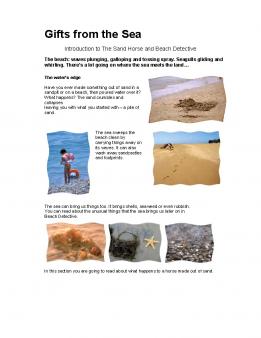 | 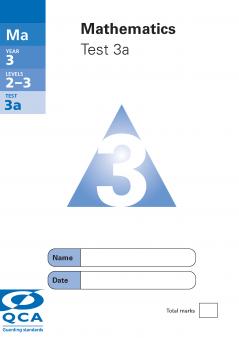 |  | 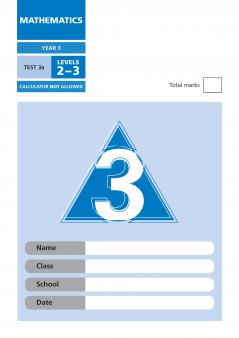 |
| Y3 English optional SATs, 2003 | Y3 maths optional SATs, 2003 | Y3 English optional SATs, 2006 | Y3 maths optional SATs, 2006 |
Y4 English and Y4 maths optional SATs past papers
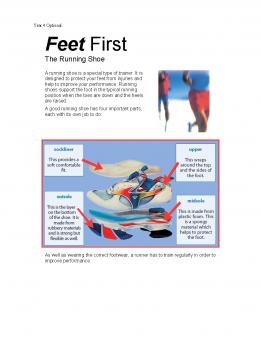 | 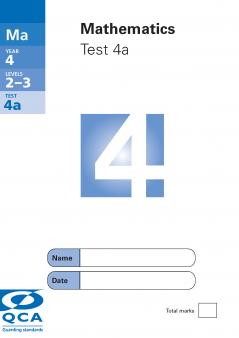 |  | 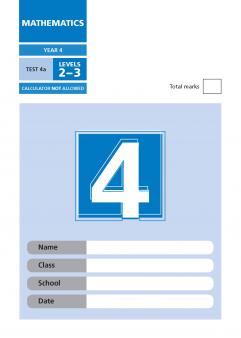 |
| Y4 English optional SATs 2003 | Y4 maths optional SATs 2003 | Y4 English optional SATs 2006 | Y4 maths optional SATs 2006 |
Y5 English and Y5 maths optional SATs past papers
 | 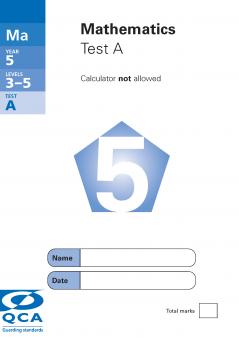 | 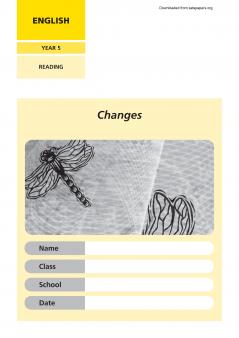 | 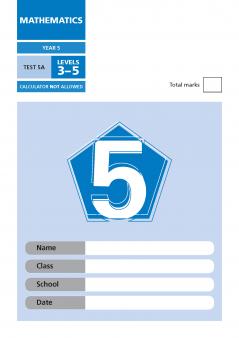 |
| Y5 English optional SATs 2003 | Y5 maths optional SATs 2003 | Y5 English optional SATs 2006 | Y5 maths optional SATs 2006 |
